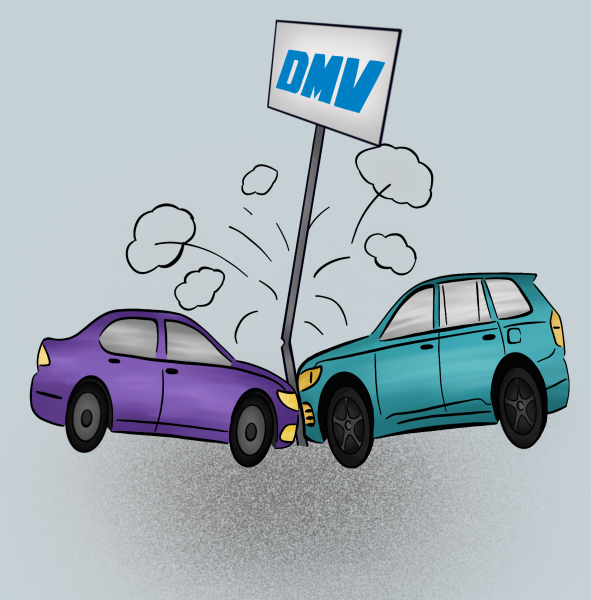Athletic Recruitment Discourages Academic Achievement
September 29, 2017
The preferential acceptance awarded to college athletic recruits provides them an unfair advantage and ultimately lessens the credibility of our education system.
Growing up, most students assume that college is based primarily on academics. We are told to study diligently so that we can be accepted into our “dream school.” However, the unfortunate reality is that many of America’s top colleges give priority to student-athletes with the hope that they will contribute positively to their respective teams.
According to the National Collegiate Athletic Association (NCAA), roughly 150,000 student-athletes attending Division I and II schools receive athletic scholarships. A total of approximately 480,000 students participate in college athletics across the country.
Being able to compete in college-level sports takes years of hard work and commitment. Athletics are undoubtedly important to almost every school, especially in a culture as sports-obsessed as ours. They make a substantial contribution to school spirit, serve as social gatherings, and provide entertainment.
But, acceptances based on athletic ability motivates adolescents to focus on sports instead of academics. My 10-year-old sister, for example, plays travel softball for an organization with nationally-ranked teams. Already, a number of her teammates’ parents are talking about how this softball team may be the key to their child’s college education.
This train of thought is fundamentally flawed. Primary education is an essential part of a child’s development and has a pivotal impact on their later life. Elementary schoolers should not be worried about improving their athletic ability because they think that it will get them into college.
My cousin is a competitive golfer, and, at age 15, he has already been recruited by a number of schools. He has yet to complete his second year of high school and has not taken the ACT or SAT. The colleges only know his athletic ability, but he still has a significant chance of being accepted.
Then there are other students who are mediocre athletes, or altogether completely uninterested in sports. To even be considered for any selective school, these students will have to keep their grades up and do well on standardized tests. Meanwhile, athletic recruits are able to waltz in and snatch up the few precious spots, often without academic merit.
Only about 1.5% of NCAA football players become professionals. Roughly 1.1% of men’s basketball players and 0.9% of women’s basketball players go on to play in the NBA and WNBA, respectively. Ultimately, the majority of the population cannot rely on athletics as a practical lifeline.
Students accepted because of athletics are also frequently unprepared to succeed in college and beyond.
The University of North Carolina’s (UNC) elite athletics is a perfect example of this. According to the Washington Post, from 1993 to 2011, the school allegedly enrolled struggling student-athletes in fake classes to help them meet the minimum GPA and class requirements.
Colleges value sports so much that they are willing to cheat to help their athletes fulfill eligibility requirements. In order for Division I student-athletes to remain eligible for their sport, the NCAA requires that students achieve a certain number of credit hours. For example, student-athletes need to have completed 27 credit hours by their second year.
These standards are already lower than the normal requirements, as most schools call for 30-59 credit hours for an average college sophomore. The athletes at UNC were below not only the usual standards; they were also in a position in which the only way to attain their athletic eligibility was to forge their class credit.
In 2014, CNN conducted several investigations regarding college athletes’ academic abilities. For one study, UNC learning specialist Mary Willingham researched the reading levels of 183 football and basketball players who attended the school between 2004 and 2012. Her findings showed that about 60% of the athletes read between 4th and 8th-grade levels. Obviously, being an athlete lowers the bar of academic achievement necessary to enroll into a prestigious school.
I support athletes who have proven that they deserve their scholarship because of their exceptional athletic ability and academic skills. However, student-athletes often devote so much time to perfecting their sport that their grades and standardized test scores don’t reflect the college’s normal acceptance requisites.
For those of you who have committed to colleges as athletes, or for those of you who aspire to be recruited, just remember that student-athletes should be students 1st and athletes 2nd. You attend college to pursue your sport at a higher level, but more importantly, to further your education so that you will be successful in your career.
Colleges are meant to be educational institutions, and accepting students solely based on their athletic ability is a disservice to the thousands of applicants who are declined even though they study, volunteer, and participate in extracurricular activities – but are not superior athletes.



